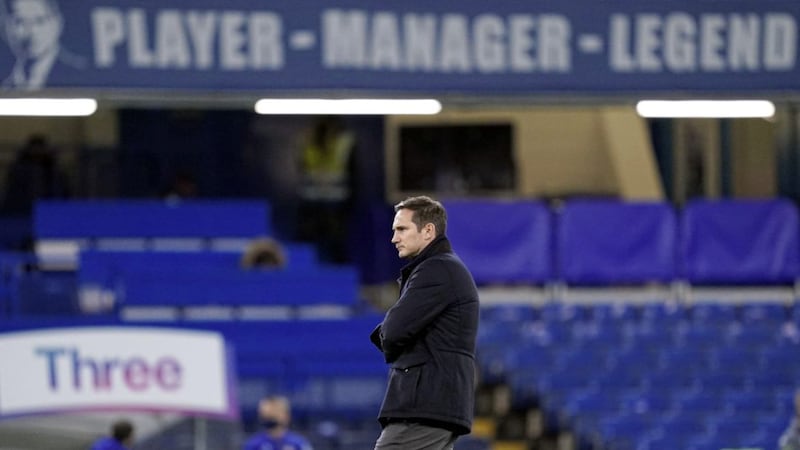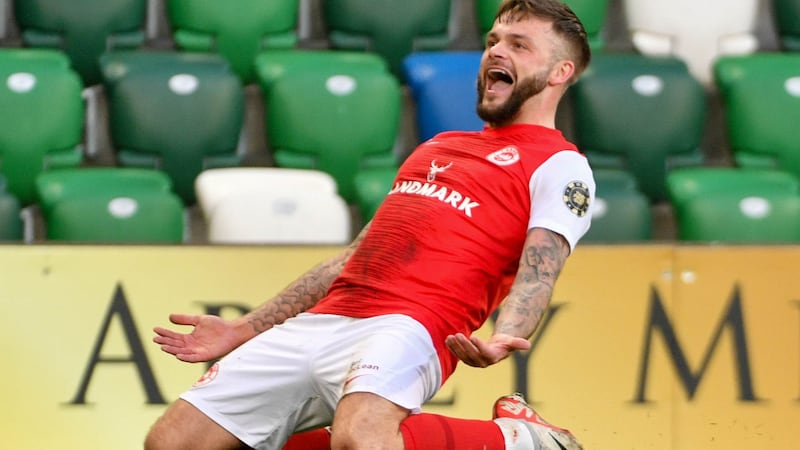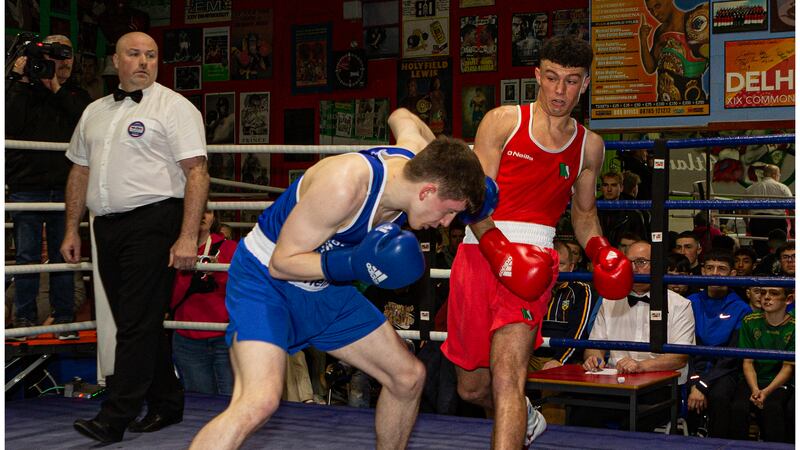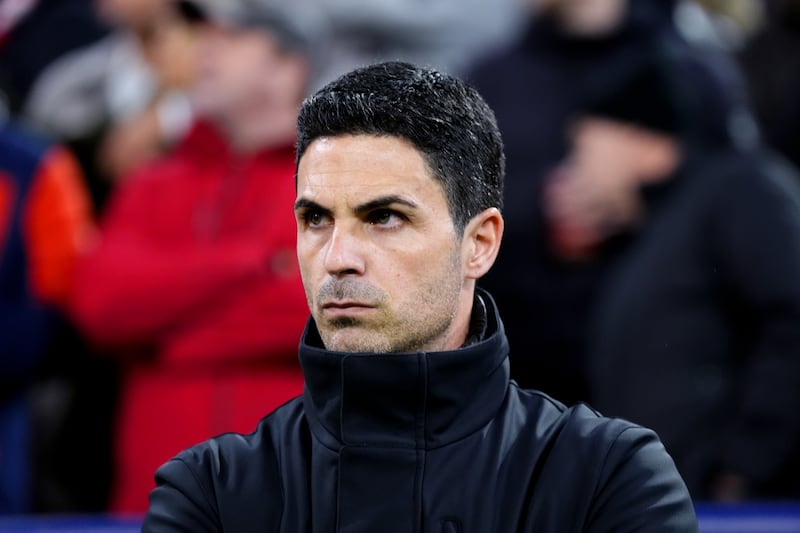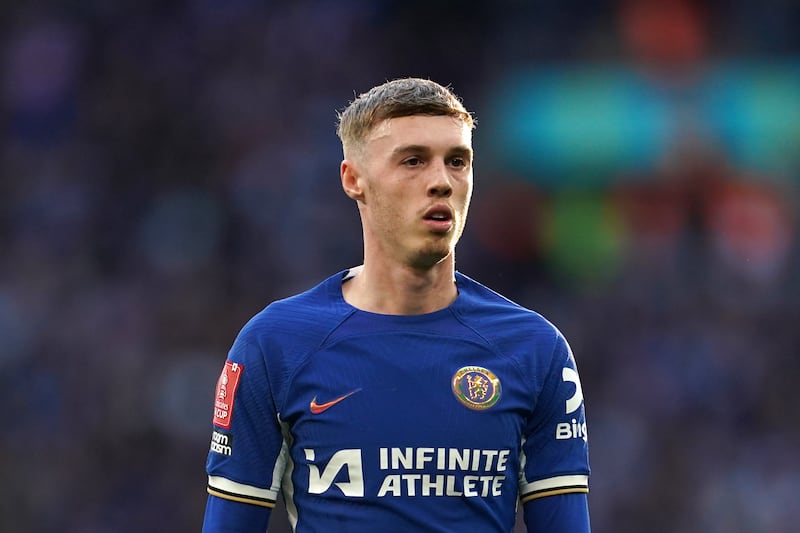‘Give him just a little more time…’
An adaptation of the soul classic by ‘The Chairmen of the Board’ seemed to be on every soccer pundit’s lips on Monday, most singing from the same hymn-sheet/ karaoke screen in support of Frank Lampard.
Unfortunately for him, the chairman of the Chelsea board appeared to have been listening instead to a twisted version of an Oasis song: it may have been Leeds fans who came up with ‘Stop Crying, Frank Lampard’ but it was widely picked up by supporters of many clubs.
The sympathy that poured out from broadcast pundits was in very short supply from most other observers.
Partly that’s because it’s hard to feel sympathy for Frank Lampard unless you happen to be a Chelsea fan; even then, more and more of them were realising that he wasn’t up to the job, no matter how much they, understandably, love him as a club legend.
‘You can’t get a job without experience; you can’t get experience without a job’, it’s long been said.
Yet far from being like a struggling YTS boy, Frank Lampard was more the privileged rich kid. He’d been helped in his playing career by his famous namesake father and uncle (Harry Redknapp) but he still had to make the most of his talent on the pitch, and did so.
However, as a novice boss he was very fortunate to get his chance at Derby County - and ridiculously lucky to be handed the keys to the manager’s office at Stamford Bridge.
He may have noticed the revolving door there, so he’ll hardly have been surprised at getting booted out through it, and nor should anyone else be about his exit.
Give him more time? Time is money. Especially in football, especially at Chelsea.
It’s a club that rarely shows patience, not even with the manager who made them the force they are, Jose Mourinho.
Chelsea expect to be in the Champions League, ideally as champions. It was almost overlooked, taken for granted, that they won the Premier League in both 2015 and 2017 – under two different managers, of course.
Chelsea in the Roman Abramovich era have got used to winning titles, not just challenging for them, but Lampard wasn’t showing any signs of even coming close to the latter.
Yet if you’d believed the pundits, at worst he was doing a very good job. Battling manfully in the apparently difficult circumstances of being handed £220m worth of new players to work with.
Sure, Chelsea might have succeeded eventually if they’d kept throwing more and more money at their problems, but any such success would have been in spite of Frank Lampard, not because of him.
And any success wouldn’t have come this season, not in the competitions which really matter to them. The FA Cup is chickenfeed in comparison to the riches of the Champions League.
The chopping and changing of players was bad enough, although perhaps understandable and excusable in this strange season, due to the packed programme of matches and the loss of players to Covid-19 as well as to more muscular injuries.
However, the chopping and changing of formations, and switching around of players’ positioning within those varying systems, was much worse. Of course a boss has to have tactical flexibility and the ability to adapt to altered match circumstances, but Lampard – in his second season at the Bridge – didn’t seem to have settled on how to play or how to deploy big money signings.
The under-performance and confused use of the expensive, and highly-talented, German duo Kai Havertz and Timo Werner was clearly concerning to the club’s hierarchy.
That pundit-public disconnect was increasingly apparent.
Whereas the public perceived the Emperor’s New Clothes, the pundits continued to have the vision of Frank – always ‘Frank’, never ‘Lampard’ – lifting the big trophies.
However, they were perceiving the player in full kit, not the manager.
Partly that’s down to the old pals’ act, but there’s also a desire, nay desperation from pundits for an English manager to succeed, with no Premier League winning boss from that nation for almost three decades.
While foreign bosses are bade farewell with barely a shrug, excuse after excuse is made for poor performance after poor performance by the teams of ‘Brucey’, ‘Big Sam’ et al.
Thankfully, such behaviour isn’t often the case in Gaelic games.
The GAA has the strange combination of having even more partisan pundits than in soccer - yet much more impartial punditry overall.
OK, ‘impartial’ may be stretching that definition too far, but in general the games and controversial incidents are called pretty fairly, even robustly. Indeed sometimes a boss’s harshest critics are from within his own club, never mind his own county.
There’s still an expectation for ‘flag-waving’, of course; consider how Mayo legend Kevin McStay was (unfairly) lambasted by some Mayo supporters for his praise of Dublin during the All-Ireland SFC Final in December.
And there is bias shown and heard, certainly. For ‘club’ in soccer, read ‘club and county’ in the GAA; pundits in Gaelic games mostly find it hard to criticise their own too.
But at least there isn’t that ‘national’ element, whereby soccer pundits go far easier on English – particularly England – players and English managers.
Although even Meath men praise these Dubs, the other side of bias in GAA punditry, the dislike of a lot of other counties, generally means that under-performers will be called out and criticised.
‘Give him the boot’ is more often the message than ‘give him time’.

